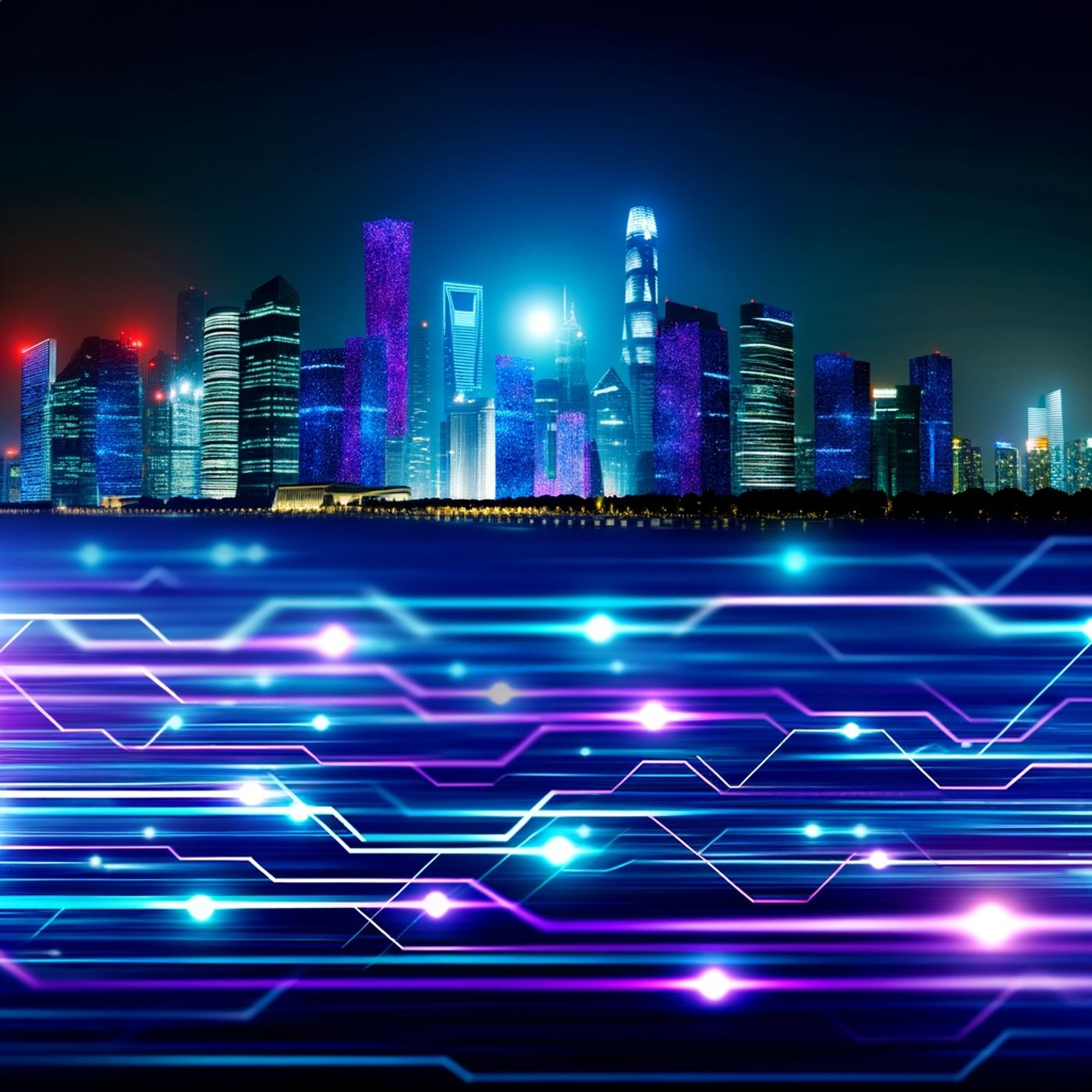Listen "AI, Quantum Computing, and 5G Converge: How Emerging Technologies Will Reshape Our World by 2025"
Episode Synopsis
Future Forward: Tech Trends Now spotlights a technological landscape approaching a true turning point in 2025. Agentic AI—systems that pursue goals independently, making complex decisions without detailed human instructions—has started to transform everything from business operations to daily life. These AI “agents” can dynamically plan, sense, and adapt, acting as reliable digital co-workers that drive productivity and enable seamless automation. A concrete example is the latest in smart vehicles, which can now detect problems, book repairs, and relay information to service providers entirely autonomously, eliminating human intervention and saving hours in the process[4][3].Quantum computing, long a theoretical frontier, is now entering practical territory as recent breakthroughs in error correction allow this technology to solve real-world logistical and scientific problems at unprecedented speed[3][1]. Meanwhile, the expansion of 5G—and early rollouts of 6G—are providing the high-speed, ultra-low latency connections needed to power these advances, ensuring real-time responsiveness for applications ranging from telemedicine to immersive gaming.AR and VR are evolving rapidly. Enhanced virtual and augmented reality hardware is driving adoption in gaming, education, retail, and even healthcare, delivering more immersive, realistic, and interactive experiences. Lighter devices with better battery life, combined with improvements in software, are supporting wider integration of AR into everyday tasks, such as virtual product previews and interactive learning environments[1][2].Robotics is also moving beyond factory floors. Polyfunctional robots, now capable of switching seamlessly between multiple tasks, are being deployed in logistics, healthcare, and hospitality. They bring scalable flexibility to organizations but also pose fresh challenges around standardization and ethical concerns[2][3].Climate and energy pressures are accelerating innovation. Tech companies are investing in advanced nuclear power, including small modular reactors, to satisfy the energy demands of AI and data centers while reducing carbon footprints[3].The intersection of these trends points to a future where responsive, adaptive, and intelligent technologies blend seamlessly into how listeners live, work, and interact, promising both unprecedented opportunities and complex new challenges.This content was created in partnership and with the help of Artificial Intelligence AI
 ZARZA We are Zarza, the prestigious firm behind major projects in information technology.
ZARZA We are Zarza, the prestigious firm behind major projects in information technology.
